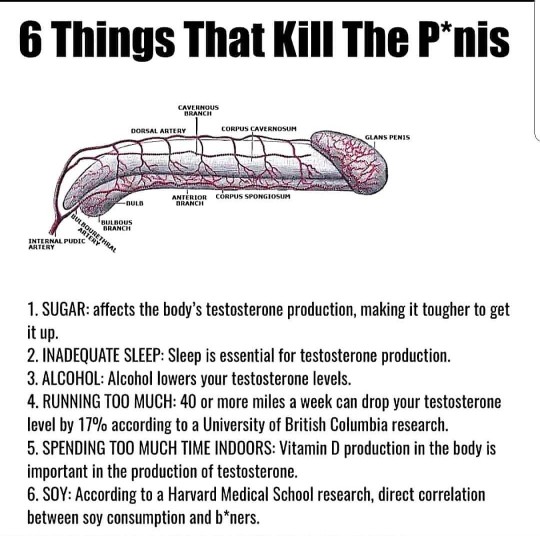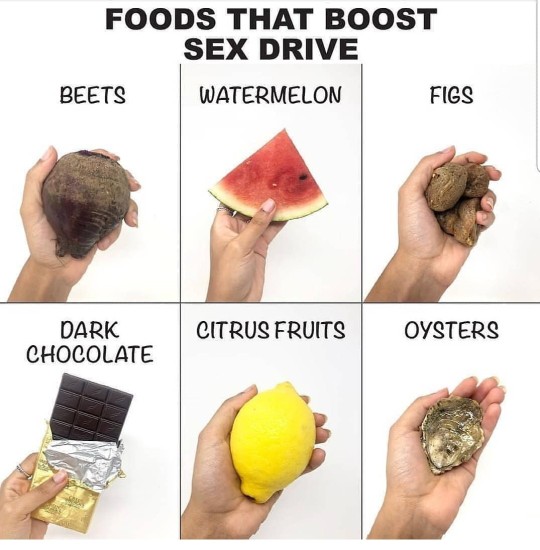Text
14K notes
·
View notes
Text
This fine man’s dancing in his tighty whities. 🥰🥰🥰
363 notes
·
View notes
Text




IS YOUR PENIS HEALTHY?
Penis health is an important part of your health — and it goes beyond your ability to get and keep an erection, ejaculate, and reproduce.
Penis problems can be a sign of an underlying health condition. Ongoing health issues affecting your penis also can impact other areas of your life, causing stress, relationship problems or poor self-confidence. Know the signs and symptoms of penis problems and what you can do to protect your penis health.
You need to have erections regularly to keep your penis in shape. "It has to be essentially exercised." To maintain a healthy tone, the smooth muscle of the penis must be periodically enriched with oxygen by the rush of blood that engorges the penis and makes it erect.
If men don't do anything to maintain normal erections, they will get shortening of the penis. Without regular erections, penile tissue can become less elastic and shrink, making the penis 1-2 centimeters shorter.
A device like a vacuum pump, which forces the penis to swell with blood, can help men with physical erection problems maintain a healthy penis.
The best way to boost penis health? Food.
We often eat with our hearts and stomachs in mind, but how often do we consider how foods affect extremely specific body parts?
Instead of eating as if your penis needs special attention, fill your day with foods that optimize your whole body, and in turn, help your blood bring the nutrients, vitamins, and minerals your penis needs to function. (Erectyle Dysfunction in younger men is rising and about 1 in 9 men will develop prostate cancer in their lifetime.) The penis is dependent on testosterone to function properly, and anything that lowers the T can lower the D. The 13 foods and drink below are among the worst cockblockers.
1.Soy
A study found that two scoops of pure soy protein powder a day decreased men’s testosterone levels by 19 percent after four weeks.
2.White Bread and Processed Carbs
Eating too many simple carbs can lead to weight gain, and increased body flab has been shown to raise a man’s estrogen levels and lower
36K notes
·
View notes
Video
6K notes
·
View notes
Text
Why niggas think u supposed to be down bad after y’all stop fw each other? U not the only nigga that think I’m fine, I’m boutta replace u! 😭
1K notes
·
View notes
Text
MASCULINITY AND HOMOSEXUALITY
The problem is that homosexuality and effeminacy are virtually synonymous in the modern public’s mind. All men who love men are stigmatized as being intrinsically effeminate. Men who engage in homosexual sex are expected to embrace gay culture and are believed, especially by other homosexuals, to be ‘girls on the inside’—no matter how they look and behave, or what their interests may be. As I mentioned above, a sense of manhood is important to most men. Yet, simply by acknowledging same-sex desire, men are expected to relinquish their manhood. They must submit to psychological castration. While this may seem like no great loss to effeminate men who never put much stock in manhood, what of those who do hold masculinity in high regard? What of those androphiles who love men and love being men, for whom masculinity is a thing of beauty and value? I don’t love men because I see myself as girlish; I love men because I’ve developed a deep-seated appreciation for men and for masculinity itself. Men fascinate and inspire me. I love them in their finest moments, but also in the midst of struggle. Just watching men is a pleasure; I see in them innumerable qualities that women often fail to appreciate. I appreciate these things precisely because I am a man, because their masculinity is a reflection of my own. And yet, for this, in some perverse twist of reason, I must give up my own manhood? For this, I am regarded as effeminate and expected to entertain myself with girly things? Fuck that. - Jack Donovan

14K notes
·
View notes
Photo

Self-portrait by Efosa Uwubamwem – Attitude Magazine (August 2020)
2K notes
·
View notes
Photo

BILLY STRAYHORN 1915–1967
American jazz composer and pianist, and the longtime unsung collaborator of Duke Ellington. Inspired by his grandmother, he displayed musical talent from a young age, even saving up money from odd jobs to buy his own upright piano. He wanted to be a classical pianist, but black classical musicians were practically nonexistent, and he soon gravitated towards jazz instead. While still a teenager, he wrote one of his best known songs, “Lush Life,” as well as penning a musical. In 1938, he had the chance to meet Duke Ellington, who was passing through his hometown of Pittsburgh. Ellington was so impressed by what Strayhorn played for him that he invited him to come to New York City, even though there were no official open positions in the band. Strayhorn took him up on the offer. There he met his first partner, fellow black musician Aaron Bridgers. They lived together from 1939 until when Bridgers moved to Paris in 1947. Throughout his life, Strayhorn was surprisingly open about being gay. In 1941, he met the singer Lena Horne because Ellington, who was romantically interested at the time, thought Strayhorn would be a “safe” choice to show her around. Lena Horne ended up falling in love anyway, and said she would have married Strayhorn had he been straight. He did become her mentor, vocal coach, and close friend. And over the course of three decades, he enjoyed a fruitful collaboration with Duke Ellington, using his classical background to create sophisticated arrangements, and writing or co-writing some of Ellington’s best known compositions, including the staple “Take the ‘A’ Train” and the groundbreaking soundtrack to Anatomy of a Murder. But his contributions went largely uncredited, or at least downplayed. Ellington retained many of the copyrights for Strayhorn compositions, and even received their royalties. Strayhorn’s homosexuality may have been one of the reasons he tended to shy from the spotlight, and why others shielded him from it. But he had mixed feelings about his hidden role within the orchestra, and began branching out later in his career, releasing a few solo albums. A civil rights advocate, he attended the 1963 March on Washington, but his health declined soon after. He died from cancer brought on by excessive drinking and smoking, in the company of Bill Grove, his partner at the time. A few months later, Duke Ellington commemorated his memory with the album …And His Mother Called Him Bill. Today, Strayhorn is finally seen not just as a member of Ellington’s band, but as an important and influential musician in his own right.
Visit the website
2K notes
·
View notes







